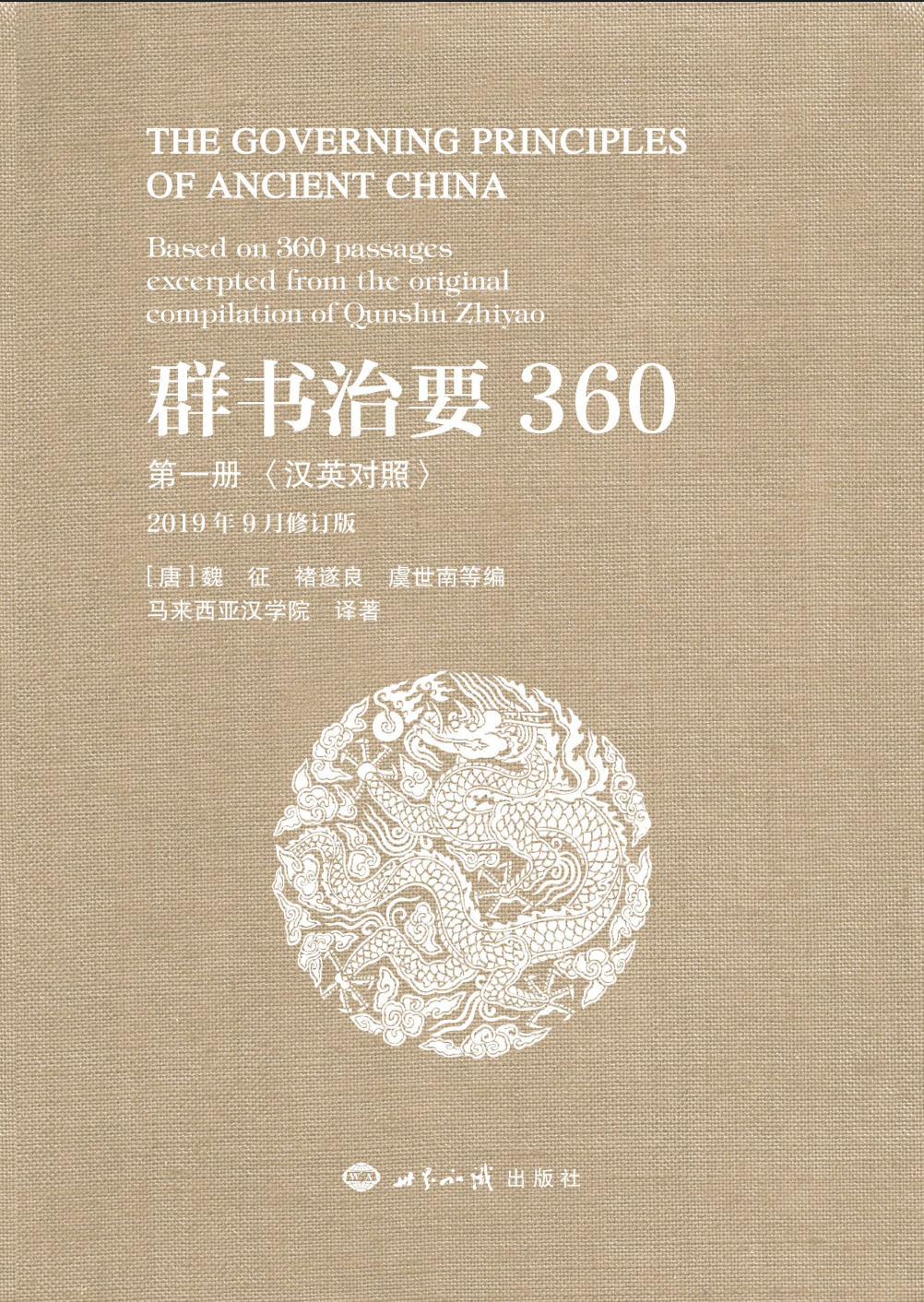If You Read Only One Book to Understand How Chinese Elites Think, Make It This One

In an age of China–U.S. trade tensions and global uncertainty, we’re flooded with reports but starved of deeper understanding. Beneath the headlines lies a deeper question: How does China think about power, leadership, and order?
To find answers, look back — not to Marx or Mao, but to a book from the 7th century: Qunshu Zhiyao (The Governing Principles of Ancient China).
Commissioned by 28-years-old Tang Emperor Taizong after years of civil war, the book is a curated treasury of ancient wisdom — drawn from 14,000 books and 89,000 scrolls. Taizong, a general-turned-ruler, admitted he lacked formal education and didn’t want to repeat the mistakes of fallen dynasties. So he asked his ministers to distill the essence of good governance, moral self-discipline, and the art of peace.
The result? A timeless guide — once kept by Taizong at his bedside and made him the most succesful emperor in history. And now it is reportedly on President Xi Jinping’s bookshelf.
But this isn’t just a book for emperors. Here’s why it matters — for leaders, creators, thinkers, and anyone trying to live with clarity in a chaotic world and master leadership in daily life
🍀 1. Self-Cultivation Before Strategy
True leadership — political or personal — starts within. The book teaches that inner clarity precedes outer command. You don’t need a title to lead, you need self-mastery.
🍀 2. Learn from 1,000 Years of Mistakes
Rather than idolizing the past, this book extracts failures and turning points across dynasties. It’s a blueprint for learning — so you don’t repeat cycles, whether in governance or your own relationships.
🍀 3. Harmony Over Hype
In contrast to modern culture’s obsession with speed and disruption, the book promotes balance, patience, and moral purpose. It invites us to pursue sustainable success, not performative wins.
Emperor Taizong once said this book gave him certainty when facing hard decisions. In today’s uncertain world, that kind of wisdom is worth revisiting.


Comments ()